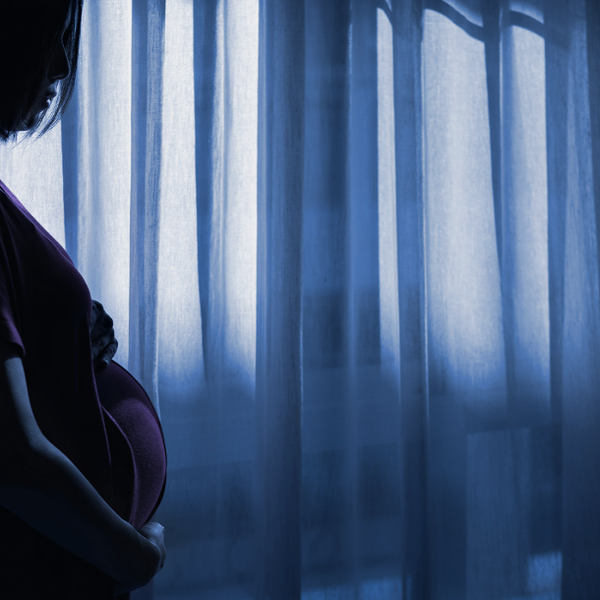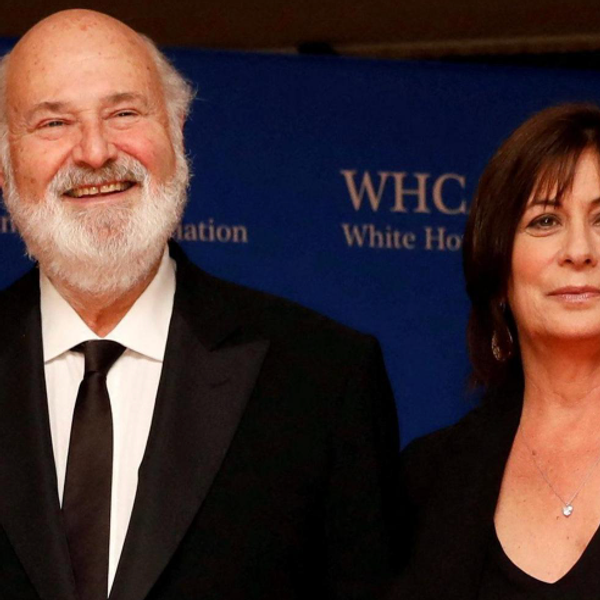
“Are you anti-abortion?”
That question, from a colleague, caught me by surprise. After all, she knows I’ve written a number of pro-choice columns.
“I know you’re pro-choice,” she added, reading my mind. “But I was wondering if you’re anti-abortion.”
I knew where this was coming from. She had just finished reading the first draft of my next novel, a World War II epic in which a character wrestles with whether to abort the child of a man who brutally raped her. I reminded my colleague not to confuse the character’s opinion with mine. One reason you write fiction is to put yourself into the minds of people who are not like you.
Still, her question intrigued me because it suggested a seldom-heard perspective, a third way, if you will, in the eternal battle between pro-choice and pro-life.
We are taught that there are those two ways only. Indeed, where abortion is concerned, that’s the fundament of every policy debate and political speech. But it seems ever clearer to me that it’s a false dichotomy, a narrative of hard, diametrical opposition that, while it makes for great headlines, fails to acknowledge the mushy middle ground where many, if not most of us, reside.
“Are you anti-abortion?”
As I was fumbling with my answer, my colleague reminded me that she, too, is pro-choice. But in the same breath, she noted that one of her kids is expecting and even when the baby was only a zygote, her feeling was, “That’s still my grandchild.” In other words, she already loves it.
That resonated with me. How many baby bumps — wife, daughter, daughter-in-law — have I put my ear to or touched in awe, wondering who this new person will turn out to be and what things she will bring into life?
Baby love is not exclusive to pro-life people. Nor, for that matter, is being “pro-life.” The most ardent proponent of abortion rights favors life, after all, if only because he or she has one. So the very language of the debate creates false distance.
The iconography does, too. In recent years, abortion foes have taken to brandishing gruesome placards of dismembered fetuses to make their point. Those things never come close to persuading me. They never leave me feeling anything but angry and assaulted.
The most effective anti-abortion placard I ever saw took a different approach, a tacit appeal to shared humanity and common conscience. It said simply: “Abortion stops a beating heart.”
Boom. There you go. No need of weighty, philosophic discussions about the soul or when life begins. I wanted to reject that sign the way you reflexively reject anything that doesn’t agree with you, but I never could. Decades later, it is still with me. I think maybe that’s because even on so heated an issue as this, it conceded — indeed, banked upon — my humanity. There’s a lesson in that.
I am pro-choice because I think a woman should have the ultimate say over her own body, period. I am pro-choice because I don’t want to see pregnant women drinking whiskey laced with gunpowder or sticking knitting needles in their uteruses. I am pro-choice because I abhor the idea of some harried mother who can’t feed or clothe the children she has being sent to prison (death row?) for ending a pregnancy.
But my colleague’s question reminded me that, for all we pretend otherwise, this issue is not and never has been stark or either/or. And that the diametrical opposition we hear so much about rises from headlines and political speeches, but not so much from life.
“Are you anti-abortion?” my colleague asked.
My realization and my words were simultaneous. “Yes,” I said, “I guess I am.”
Photo: Activists hold signs as they rally against abortion outside City Hall in Los Angeles, California September 29, 2015. REUTERS/Mario Anzuoni








